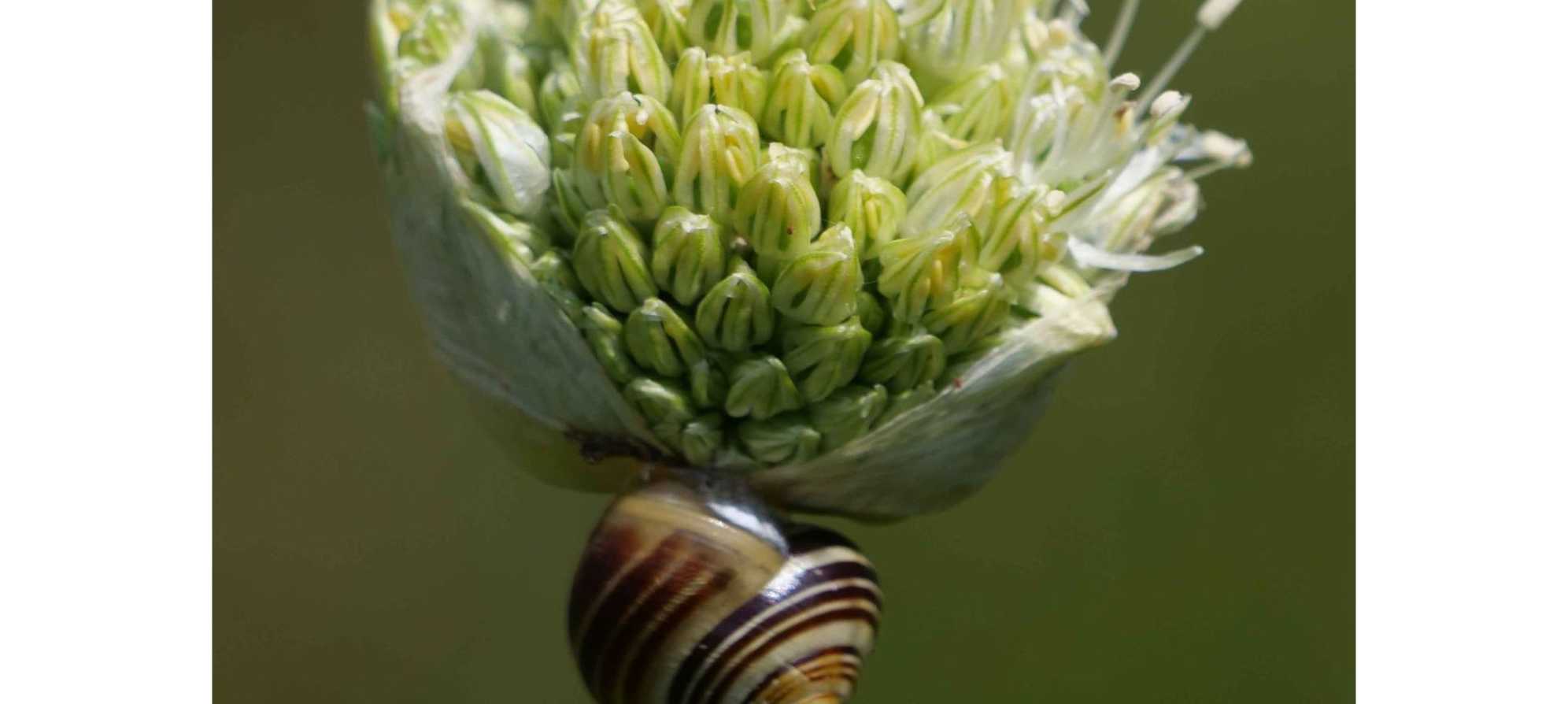York Gate Garden's Backbone: Our People and Nature's Trials
17 August 2024
4 min read

As with all businesses, our staff are crucial to both the public facing and behind the scenes work, so I want to start with a shout out to our wonderful team here at York Gate.
We have a fantastic team of paid staff – the garden, nursery and café teams, and last but not least the admin team which includes a visitor experience coordinator, office staff and volunteer coordinator. It is a small number of staff for a very busy site and therefore we need additional support in the form of our fabulous volunteers – we wouldn’t be able to run York Gate without them. Across the whole site we have 180 volunteers in total. There’s a good chance that the first person you meet when you visit the garden will be a volunteer. They will be serving you with delicious cake, advising you on where to plant your new hosta from our plant sales area, taking your money at the entrance or giving you a free guided tour of the garden.
However, even with such a dedicated team and supportive volunteers, this year has presented its fair share of challenges. The weather, which has been unusually rainy, has impacted the garden significantly. It would be easy to just focus on the negatives such as the peonies and delphiniums that have been snapped by the weight of water and the rose flowers destroyed by heavy rainfall. Not to mention the army of slugs and snails that have descended on every tender annual we planted.
If you spin it on its head, the proliferation of slugs and snails means that the frogs, toads, beetles, slow worms and hedgehogs that feed on them will have had a good year; they will also be feasting on our plant waste, speeding up the composting process. These sometimes pesky molluscs are an important part of our ecosystem and should be shown the respect they deserve, not poisoned with pellets for an agonising death.
This might sound crazy coming from a gardener who has had his fair share of disappointment with precious plants being destroyed. Just the other day I found my new Copiapoa hypogaea cv. Lizard Skin had been chewed on by a slug. It isn’t fatal damage so it will live on, just with a permanent battle scar.
Working at the coalface (a garden) I have seen first-hand a terrifying decline in invertebrate populations and it can’t go on – so put the rolled newspaper away, don’t swat that wasp and pop the scary spider in a cup and set it free outside.
I’m definitely no angel so have no right to preach; I have to admit that in my long career as a gardener (since I left high school), I have set mouse and mole traps to save potted bulbs or protect a pretty lawn and I’ve even sprayed pesticides on fruit trees, but I won’t be doing it any more.
When it comes to protecting your plants from the marauding hordes of slugs and snails that this wet weather has given, there are a number of things you can do. One of the best protections you can have is a biodiverse garden. Hedges and trees for thrushes to hide in and a handy flat rock for them to use as an anvil. Log and stone piles for frogs and toads to live in (a pond goes without saying). If you have a fence round your garden, consider cutting a few hedgehog doors in the bottom.
The obvious thing to say is grow the right plants. If your dahlias get levelled every year don’t grow them. Replace them with a hairy leaved Helianthus ‘Lemon Queen’ or hardy chrysanthemum. If you are sure you want hostas, grow some of the tougher leaf types like H. sieboldii or my personal favourite H. ‘T. Rex’.
Some of the old ideas for protection have some successes. Sharp grit, eggshells, sheep’s wool and coffee grounds are all worth a try but I’ve found that as soon as they get really wet they offer limited protection.
If you have a plant that you must grow but needs a little help, then nematode worms can be bought in a dry power and mixed with water then watered into the soil.
Perennial’s gardens have been generously entrusted to us, preserving the memories of their creators. Each visit or purchase supports our charity’s mission to help horticultural workers and retirees.
Join the Perennial family as a member for £35 per year and take a friend with you to any of our gardens, York Gate Garden, Fullers Mill Garden and The Laskett Garden, on all public open days. Joining us as a member means your kindness and generosity not only has a profound impact on people’s lives, it also means the UK’s gardens, parks, landscapes and sports grounds are secure and cared for now and into the future.
You can support Perennial in a number of ways including one off or regular donations, leaving a gift in your will or fundraising for us. Look out for our Christmas Catalogue and 2025 Exclusive Garden Tours programme, coming soon.
Images © Sam Booth


